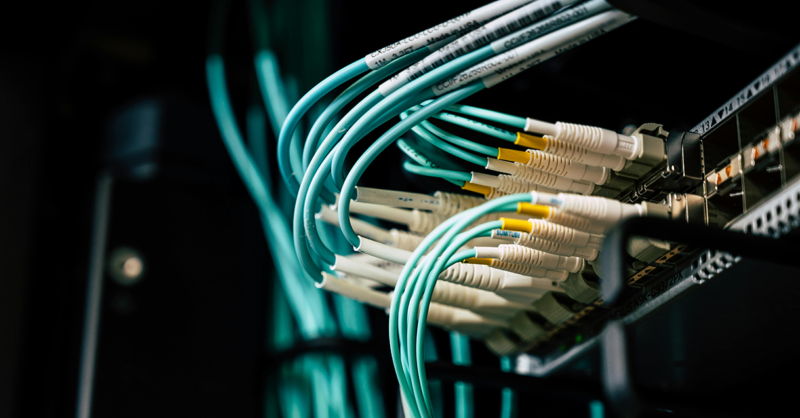
With more people than ever relying on the internet for work, entertainment, and daily tasks, understanding what constitutes a “good” internet speed is essential. But what exactly does “good” mean when it comes to internet speed? Let’s break down what you need to know to find the ideal speed for your lifestyle.
What is Internet Speed?
Internet speed is the rate at which data is transferred from the internet to your devices (download speed) and from your devices to the internet (upload speed). It’s usually measured in megabits per second (Mbps) or, for higher speeds, gigabits per second (Gbps).
Factors Affecting Internet Speed
- Purpose of Use: Different activities require different speeds. Streaming HD videos, gaming, and video conferencing require more bandwidth compared to browsing or checking emails.
- Number of Devices: With multiple devices, you’ll need higher speeds to ensure everyone has a smooth experience.
- Connection Type: Fiber optic, cable, DSL, and satellite offer varying speeds. Fiber optic is the fastest, while DSL and satellite can be slower.
- Location and Provider: Your physical location and choice of internet service provider (ISP) can impact available speeds.
How to Determine the Speed You Need
To determine the speed that’s “good” for you, consider the following benchmarks:
- Browsing and Email: 1-5 Mbps
- Standard Definition Streaming: 3-10 Mbps
- High-Definition Streaming: 10-25 Mbps
- 4K Streaming and Gaming: 25-50 Mbps
- Working from Home and Video Conferencing: 10-25 Mbps per person
For a household with multiple users streaming, gaming, and working, a speed of 100 Mbps or more is generally sufficient.
Internet Speed Recommendations Based on User Type
- Casual Users: For casual browsing and social media, a speed of 5-10 Mbps per user is adequate.
- Remote Workers: To avoid lag during video calls and file transfers, aim for 20-50 Mbps.
- Gamers and Streamers: For seamless gameplay and high-quality streaming, 50-100 Mbps is recommended.
- Families or Shared Households: If multiple people are online at the same time, aim for at least 100 Mbps. Larger households may benefit from speeds of 200 Mbps or more.
How to Test Your Internet Speed
To check your current internet speed, you can use websites like Speedtest.net or Fast.com. These tools will measure your download and upload speeds, as well as your ping (the time it takes for data to travel from your device to a server and back).
Tips to Improve Your Internet Speed
- Optimize Your Router Placement: Place your router in a central location to maximize coverage.
- Use Ethernet for Wired Connections: For activities requiring high speed, a wired connection is usually faster and more reliable.
- Limit Background Activity: Close apps and devices not in use to free up bandwidth.
- Upgrade Your Plan or Equipment: If you frequently experience slow speeds, consider upgrading your internet plan or router.
Conclusion: What Internet Speed is Considered Good?
A “good” internet speed depends on your needs. Generally, speeds of 25-100 Mbps are sufficient for most activities. However, if your household uses multiple devices for streaming, gaming, and working from home, you may want to aim for 100-200 Mbps to ensure everyone stays connected.








